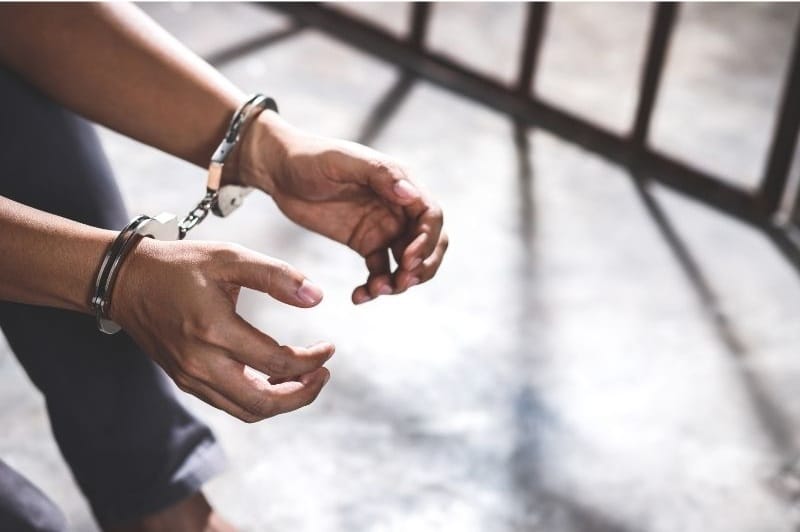What Happens If You Violate an Order of Protection in IL?
Domestic violence is a crime taken very seriously in Illinois. To help protect those who are vulnerable to further domestic violence, orders of protection are often granted by the court. If you are the person named in the order of protection, there is a lot to understand about them, including what can happen to you if you violate it.
Orders of protection can be confusing territory for a lot of people. Here’s what you need to know about the different types of orders of protection that can be granted in Illinois and what can happen if you violate one – including the penalties that may be faced.
Orders of Protection in Illinois
There are three different types of orders of protection someone can get in Illinois. They include:
Emergency
An emergency order of protection protects someone named as the petitioner from harm at the hands of someone else named in the order, called the respondent. This type of protective order immediately goes into effect once approved by the judge.
The most pressing thing to know about emergency orders of protection is that due to the risk of harm, the respondent is not legally required to know about the hearing, so they won’t be present when the order is granted.
Emergency orders of protection last only up to 21 days. When they are granted by the court, a hearing is set for a longer-lasting order that can be attended by the respondent.
Plenary
Plenary orders of protection are issued by judges after a hearing with both the person who applied for the order of protection and the person accused of abuse. If you are accused and made aware of this hearing, you do not have to attend, but beware that if you choose not to attend, the order will be granted and can last for up to two years.
Interim
An interim order of protection is often granted after someone named as an abuser has been served or attempts have been made to serve them with the order. It can last up to 30 days.
How Are Illinois Protective Orders Violated?
There are several things that can be charged as a violation of a protective order, but what exactly depends on the specifics of the order itself.
In general, making contact with the petitioner either in person, by phone, or online is prohibited. Also, often getting within a certain distance of them can violate an order of protection, as well as showing up at their place of work, home, or anywhere else they are.
What Happens If an Order of Protection is Violated in IL?

Violation of a protective order is considered a Class A misdemeanor in most cases. That can mean a sentence of up to 12 months in jail and fines of as much as $2,500 if you are found guilty of violating the order.
You may not get the full 12 months in jail, but many judges are encouraged to put you in jail for a minimum of 24 hours when an order is violated, and then 48 hours for any subsequent violations after that.
If you have an extensive criminal history involving crimes of domestic violence and violations of orders of protection, then you can face a Class 4 felony. That’s why it’s vital to ensure that you have an attorney on your side to help represent you if you are accused of violating an order of protection.
About the Author:
Andrew M. Weisberg is a former felony prosecutor who now serves as a defense attorney in the greater Chicago area. He has extensive experience in handling all types of criminal cases, from sex offenses and domestic violence to retail theft-related crimes, murder, and drug crimes. His work has been recognized by Avvo, Expertise, National Trial Lawyers, and others, and he has been featured on countless news outlets for his experience and knowledge in criminal law.







 Blog Home
Blog Home 










